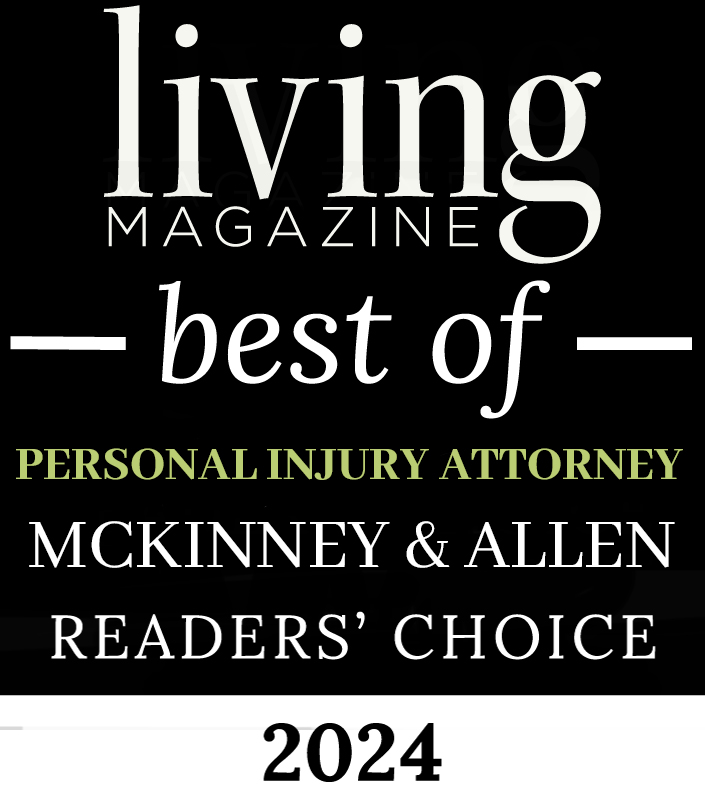What to Do After a Truck Accident in Texas
Getting into an accident on the road is a common fear for drivers. Sharing the road with a semi-trailer truck can make drivers especially nervous. Commercial trucks are large and intimidating, even at a distance. Most truck drivers are responsible on the road, but poor judgment (such as driving while fatigued or under the influence of alcohol or drugs) and other human error, not to mention mechanical problems, often lead to deadly truck accidents.
Burress Injury Law has a wealth of experience with 18-wheeler Crashes
The attorneys at Burress Injury Law have handled hundreds of 18-wheeler and other commercial vehicle wrecks and have recovered more than 100 million dollars for our clients in the past decade. One such 18-wheeler collision involved a truck driver who purposely ingested synthetic marijuana before driving a loaded 80,000 lb. 18-wheeler and causing a multi-fatality wreck. That case settled for a total of $16,500,000.
How Common Are Truck Accidents?
According to the Federal Motor Carrier Safety Administration (FMCSA), more than 475,000 crashes occur each year that involve large trucks. Fatal truck accidents are most common in rural areas, with nearly 60 percent of fatal crashes involving a truck occurring in that kind of environment. The second most common area in which fatal truck accidents occur are interstate highways. Non-fatal crashes are also prevalent in these areas, and thousands of victims are hurt each year in such accidents.
No one ever imagines that they would get into a crash, but preparing yourself for what to do after a significant collision can save lives and help you preserve your right to receive compensation for your losses. Be sure to take the following steps if you have been in a truck accident and are able to do so.
- Call the Police: It might be tempting to call your family or workplace to inform them after getting into a serious accident, but your first phone call should be to the police. Calling 911 will get law enforcement and an ambulance to the scene as soon as possible. If you are able to call, this can also help any potential victims that are unable to do so. Having a police report is also crucial when filing a personal injury claim. Law enforcement may determine the cause of the accident on the scene, and this report can be used to demonstrate liability for your damages.
- Get Information: Once law enforcement and medical help are on the way, it is important to get the truck driver's insurance information. Remember to get information about the trucking company as well. Your attorney can help determine whether the trucking company, truck driver and/or others are liable for the wreck.
- Document the Scene: Photographic evidence of the wreck and any injuries suffered can greatly increase the value of your injury claim. Be sure and take daily progression photos of any bruising or contusions you receive from a collision.
- Get Medical Help: Even if you believe you are not seriously injured at the time of the crash, it is crucial to receive medical care as soon as possible. Victims have adrenaline coursing through their veins immediately after the wreck but upon adrenaline letdown, they often times begin suffering much more pain from their injuries. Medical records starting from the day of the wreck document your injuries and generally improve the value of your claim as opposed to when treatment starts days or weeks after the accident.
Contact a Collin County Truck Accident Attorney
After law enforcement and medical professionals have helped you immediately after an accident with a large commercial truck, let an experienced McKinney personal injury attorney take care of the rest. At Burress Injury Law, we will help you explore and understand your options for recovering compensation for your injuries and damages. Call 214-726-0016 for a free consultation and case evaluation at our firm today.
Sources:
FMCSA: Large Truck and Bus Crash Facts 2018



















 ÓN
ÓN
